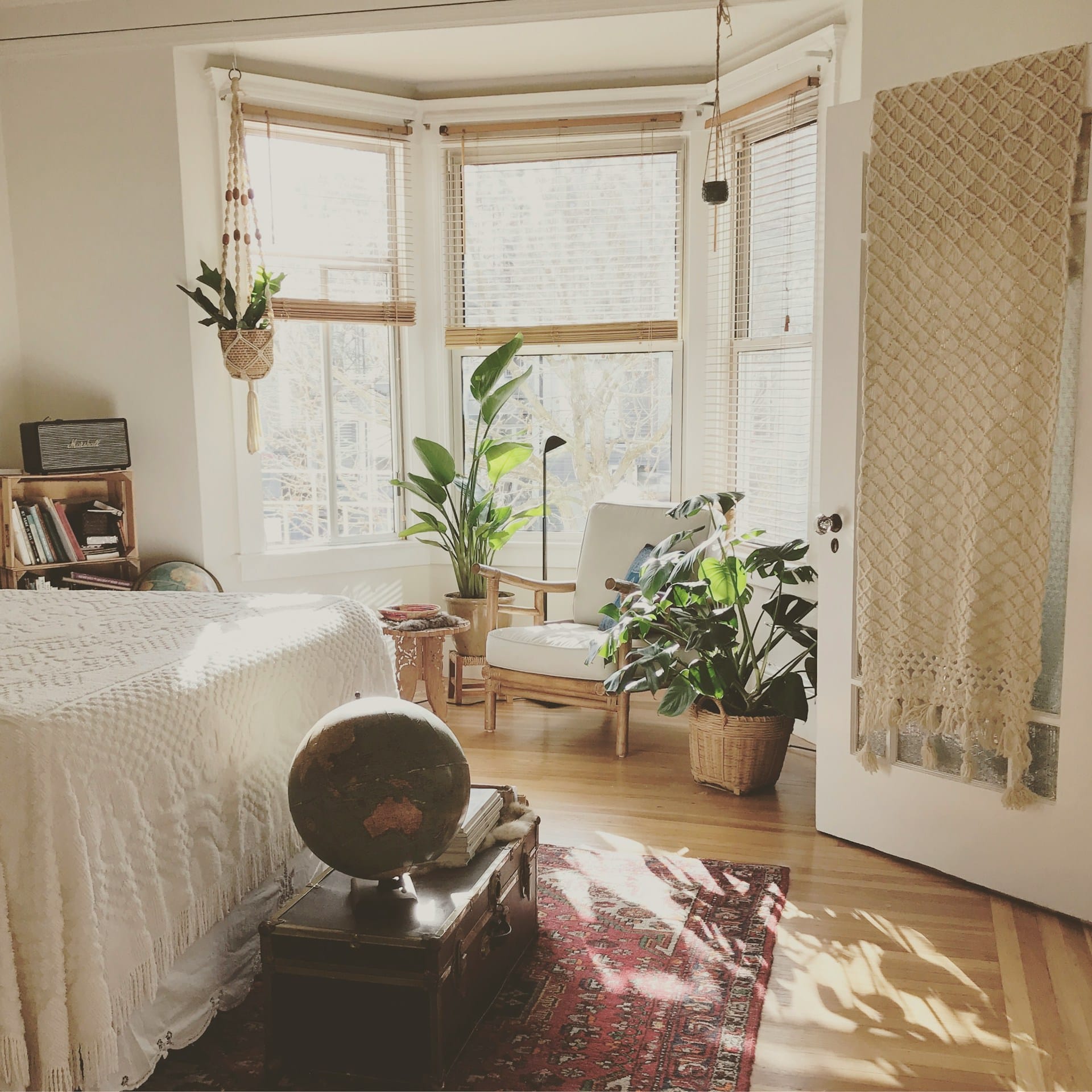Breaking the Silence
After years of living in instability due to her mother’s alcoholism and neglect, she found the courage to seek help, set boundaries, and form healthy relationships that brought her healing and happiness.

Story
My life imploded in 2014. That summer, I was 28 and facing the end of my ever-turbulent marriage. The upheaval of divorce was overshadowed, though, by another source of chaos: my mother, who had been imploding in her own way for several months. She had split up with her boyfriend Robert again, the latest in a dozen such separations over their 15-year relationship. This time, however, they’d been on the brink of moving out of state together, and he abruptly left without her. My ex-husband and I had arranged to rent Robert’s vacated house, so when he moved away, we moved in. And having nowhere else to go now, my mother moved in with us.
Mom had never been particularly stable, at least not after she divorced my dad when I was 11.
Mom had never been particularly stable, at least not after she divorced my dad when I was 11. After he moved out, Mom quickly shifted from being merely flighty to secretive and downright irresponsible. She would wait until my brother, Tom, and I were in bed, peek in to make sure we were sleeping, and quietly leave the house, presumably to go to bars. Often, though, the sound of my bedroom door closing woke me up, and I’d watch the headlights of her car flash across the ceiling as she pulled out of the driveway. I was old enough to stay home by myself during the day, but being left alone in the night like that—and not knowing where Mom had gone—was petrifying. I’d lie awake for hours waiting for her to come back, then arrive at school exhausted the next morning. Tom, three years younger than me and a heavier sleeper, seemed never to notice, and I never said anything—not to him, not to Mom, and not to my dad when he picked us up for the occasional weekend at his apartment.
 Things got worse when my gran died. Mom sank into a deep depression after losing her mother. She stopped going to work, rarely left the house, and never answered the phone anymore. She also drank. She’d always been a social drinker, but now she sat in front of the TV in her darkened bedroom every night and drank from a bottle of vodka she kept hidden in her closet. She emerged occasionally to check on us. Watching her pretend to be sober was deeply unsettling.
Things got worse when my gran died. Mom sank into a deep depression after losing her mother. She stopped going to work, rarely left the house, and never answered the phone anymore. She also drank. She’d always been a social drinker, but now she sat in front of the TV in her darkened bedroom every night and drank from a bottle of vodka she kept hidden in her closet. She emerged occasionally to check on us. Watching her pretend to be sober was deeply unsettling.
Eventually, Mom couldn’t keep up with mortgage payments on our house anymore. Her brother still owned the old family home, and we moved into it in 2000, during my first year of high school. It had been empty for years and was in rough shape with drafty windows, a cracked foundation, and a dank basement. It got more uncomfortable when Mom started hoarding. She filled the basement with boxes of clothes and odd pieces of furniture from thrift shops, all of which moldered in the damp. The living room was crammed with chairs no one sat in, knickknacks gathered dust on every surface, and dogs and cats were everywhere. We’d always kept pets, but after we moved, Mom brought home more and more, saying she’d “rescued” them. She didn’t bother to house-train them, and because none of them were spayed or neutered, they multiplied.
The house fell down around us over the next few years.
The house fell down around us over the next few years. A wall in the living room caved in and stayed that way for months, loosely covered with a tarp. The kitchen sink started leaking, so we simply abandoned it and used the sink in the basement instead. Tom and I often came home from school to find utilities shut off for nonpayment. Mom was usually quick to get the water and electricity turned back on, but gas was less essential, at least in the warmer months, so we’d go without hot water for days or weeks at a time. She was dating Robert by this time and would shower at his house. Tom and I microwaved big bowls of water to wash our hair.
 By this time, Mom had stopped parenting us altogether. She was affectionate, but when it came to parental guidance, she offered us none. She treated me in particular like a fellow adult, as if I could fully manage myself. In truth, I was floundering. With no one to check in on me, my grades plummeted. I felt anxious and adrift, which amplified my natural shyness, and I retreated into books and daydreams. I was left with a small group of close friends—fellow oddballs—and spoke to nobody else if I could help it.
By this time, Mom had stopped parenting us altogether. She was affectionate, but when it came to parental guidance, she offered us none. She treated me in particular like a fellow adult, as if I could fully manage myself. In truth, I was floundering. With no one to check in on me, my grades plummeted. I felt anxious and adrift, which amplified my natural shyness, and I retreated into books and daydreams. I was left with a small group of close friends—fellow oddballs—and spoke to nobody else if I could help it.
We had virtually no rules as a family, save one: silence. Tom and I never told anyone what we were dealing with at home, which made it easier to pretend nothing was wrong. It didn’t even occur to me that someone could help us. Dad worked 80-hour weeks and was increasingly hard to get ahold of, especially after he moved out of town. Mom was the only parent we had, and despite the disorder of our home life, I felt a sense of loyalty to her, so I pretended everything was fine. Besides, I was ashamed. I felt somehow complicit in the squalidness of our lives. How could I admit what was happening to, say, my friends or their perfectly functional parents?
I passed the rest of my high school and college years isolated in what I now recognize as a haze of depression.
I passed the rest of my high school and college years isolated in what I now recognize as a haze of depression. Mom found a job, but money was always tight. She sometimes covered expenses by opening credit cards in my name without my knowledge. I finally moved out in my early 20s when I met my ex-husband. I went back to the house as little as possible, choosing not to think about the new dogs and cats Mom was always accumulating.
I couldn’t ignore it forever, though. Mom’s brother kicked her out of the house in 2011, and Tom and I had to help clear out the hoard. We filled two 30-foot dumpsters and took dozens of half-feral cats to the local shelter. Mom wept through the whole process and left us to handle most of the logistics.
She moved into a rental house, and it seemed like things had taken a turn for the better. She was steadily working, and our relationship was better than it had ever been. I was busy with my own life, though, so it was easy to ignore when Mom’s house started filling up with animals again. Then she lost her job, got back together with Robert, started drinking heavily again, and everything unraveled.
I felt like I was living in the old family home again, like I’d completely lost control of my day-to-day life, and the stress was making me sick.
This brings us back to Summer 2014. Mom had been living with my ex-husband and me for months. She was so depressed over Robert leaving that she couldn’t function and threatened suicide, but I had to fight with her to go to a therapist. She was furious with me because I hadn’t let her move all of the feral cats from her rental house and had asked her to put some belongings in a storage unit. She took money from my purse to buy alcohol that she hid in her bedroom. When she drank, she called me names and accused me of ruining her life. Her dogs urinated and defecated inside every day, and the house got dirtier and dirtier. I felt like I was living in the old family home again, like I’d completely lost control of my day-to-day life, and the stress was making me sick.
I realized I needed help and started seeing a therapist. Finally, I said everything out loud. I talked about my relationship with Mom, the way she’d “raised” us, how she now treated me like both her enemy and provider. My therapist said something that seems obvious now but was groundbreaking for me then: “You are allowed to set boundaries with people.”
 So I did. I moved into a little apartment by myself and told Mom not to contact me for a while. I hoped time apart would encourage her to get on her feet and take responsibility for some of her behavior. It didn’t, and that time apart became permanent. But the distance allowed me to re-evaluate my past, acknowledge that I’d experienced child neglect, and start to heal.
So I did. I moved into a little apartment by myself and told Mom not to contact me for a while. I hoped time apart would encourage her to get on her feet and take responsibility for some of her behavior. It didn’t, and that time apart became permanent. But the distance allowed me to re-evaluate my past, acknowledge that I’d experienced child neglect, and start to heal.
Now, after a decade of introspection and sporadic therapy sessions, I’ve found peace with my childhood. It’s part of who I am, but it no longer weighs me down. I can talk about it without anger or shame. When I’m especially stressed, I still dream of living in that falling-down house with Mom, as if I never left and never will. But when I wake up, my life is just the way I want it. I have a kind husband who loves and respects me, friends who truly know me, an unbreakable bond with my brother, and a renewed connection with my long-absent father. I’ll likely never have a relationship with my mother again, and that sometimes still hurts. But it was the boundary I had to set to become a healthy, happy version of myself.